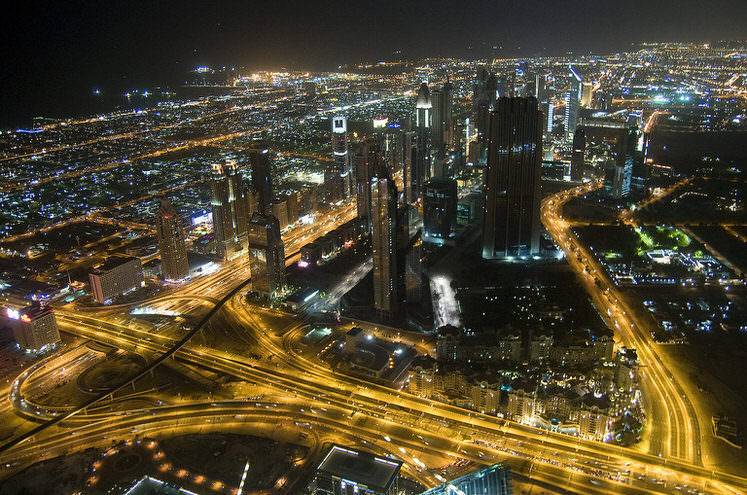Urban agriculture firm Plantagon has announced a new partnership with the University of Wollongong in Dubai (UOWD). The collaboration will include the establishment of a ‘Urban Agriculture Research Centre’ in Dubai and a framework for urban agriculture development across the UAE.
Plantagon is most well known for its vertical farms, the first currently being built in Linköping, Sweden. The farms are designed to reduce the farming footprint in all aspects, from size to water, pesticides, and transportation.
See Also: 5 ways the new connected agriculture world changed in 2016
UOWD will supply the marketing and engineering expertise to the collaboration, alongside supply chain management. It sounds like Plantagon will work mainly on the vertical farm architecture, though it has not said if it intends to purchase any property in Dubai.
Dubai is a unique region, a mega-city that has temperatures regularly exceeding 40 degrees celsius. It means a lot of produce is imported from outside of the UAE. Plantagon believes its vertical farms could reduce the need for imports, by bringing the farms into the city.
“Plantagon shares the view that strategies for innovative food production play a great role in the development of smart cities, and will be a fundament for all city development in the future,” said Owe Pettersson, CEO of Plantagon. “We also see that more research is vital in developing this area further. We hope that Plantagon’s experience will be an asset in this important and much welcomed partnership in a very forward-thinking part of the world.”
Vertical farms are just one way that urban developers are looking to tackle urbanization and climate change; the effects of both are starting to be seen across the world. Plantagon’s farms could reduce the footprint in all aspects, but they are still in concept stage, with the first vertical farm in Linköping, the World Food Building, still not finished.


















